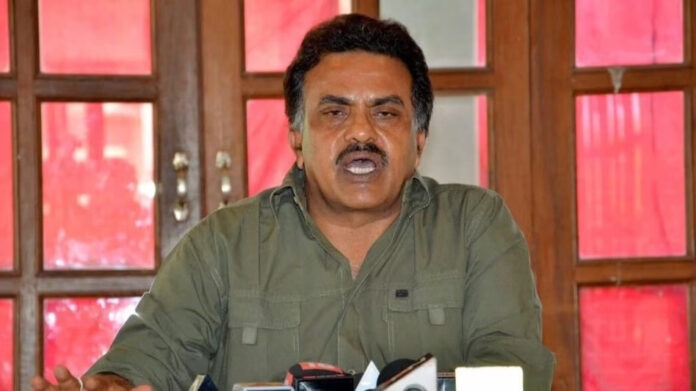Shiv Sena leader Sanjay Nirupam raised concerns about the Samajwadi Party’s stance on the proposed amendment to the Waqf Act, questioning the party’s opposition to including non-Muslims as members of the Waqf Board.
Nirupam drew parallels with the Samajwadi Party’s decision during its tenure in Uttar Pradesh, where Muslim leader Azam Khan was appointed in charge of the Kumbh Mela, a predominantly Hindu event.
“Firstly, the Maha Kumbh in Prayagraj is a historic event… Hindus from all over the world visit this event. During SP’s rule, Azam Khan was in charge of the Kumbh Mela. If a Muslim leader can oversee the largest gathering of Hindus, why can’t a non-Muslim be a member of the Waqf Board?” said Nirupam.
Waqf (Amendment) Bill: A Controversial Reform
The remarks come amidst debates surrounding the Waqf (Amendment) Bill, 2024, which proposes significant reforms to address longstanding issues like mismanagement, corruption, and encroachment of waqf properties. A key provision in the bill seeks to include non-Muslims as members of Waqf Boards, a move opposed by the Samajwadi Party (SP) and other groups.
JPC Review and Legislative Progress
The Lok Sabha recently approved a motion to extend the tenure of the Joint Parliamentary Committee (JPC) on the Waqf (Amendment) Bill, mandating the presentation of its report by the end of the 2025 Budget Session.
- JPC Chairperson Jagdambika Pal noted that the committee has held 27 meetings in Delhi, engaging with various stakeholders, including legal experts, community representatives, and ministries.
- Proposed reforms include:
- Digitisation of waqf properties for better accountability.
- Enhanced audits to curb corruption.
- Legal mechanisms to reclaim illegally occupied waqf properties.
Broader Implications and Reactions
The proposed inclusion of non-Muslims on Waqf Boards has sparked heated debates:
- Proponents argue it promotes inclusivity and transparency.
- Critics, including the SP, claim it undermines the religious and community-specific nature of waqf institutions.
Historical Context of the Waqf Act
The Waqf Act, 1995, was established to regulate and manage waqf properties dedicated to charitable and religious purposes in the Muslim community. Despite its intent, the Act has faced criticism for enabling corruption and inefficiencies.
As discussions about the Waqf (Amendment) Bill gain momentum, the inclusion of non-Muslims on Waqf Boards remains a polarizing issue, reflecting deeper debates about governance, inclusivity, and cultural sensitivities in India.


